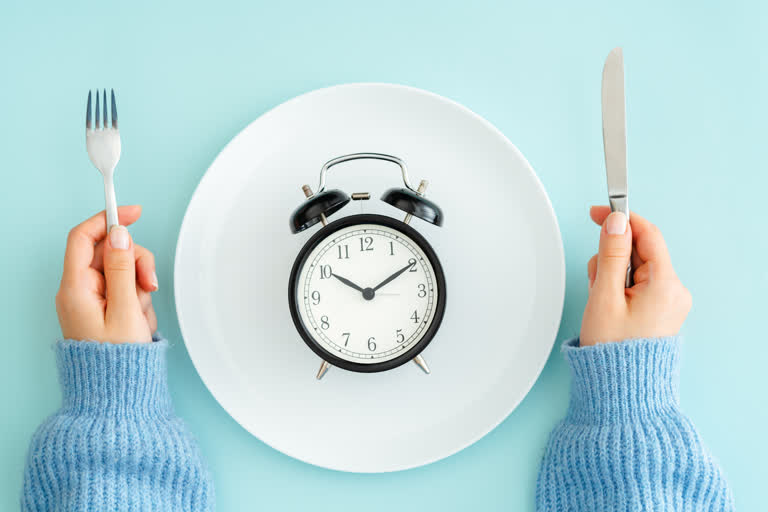There has been a sudden increase in young people suffering from many health problems, which is not surprising, given our fast-paced life and unhealthy eating and drinking habits. People have no fixed routines, which is troublesome. A recent study published in the Endocrine Journal by the Endocrine Society mentions that eating on time may help and prevent numerous chronic and metabolic diseases.
What Does The Research Say?
In this research, the effects of time-restricted eating on circadian rhythm were investigated. The circadian rhythm is a process in the body, which if disrupted can cause a number of serious health conditions. Research has revealed that time-restricted diets have beneficial effects on many parts of the body, even the gut microbiome, in addition to metabolic diseases including pre-diabetes and common diabetes, obesity, cancer, immune system problems, mood swings and even fertility-related problems can be dealt with.
An Ideal Meal
All over the world, food is mainly divided into three categories: breakfast, lunch and dinner. It is a common belief that breakfast should be full of calories and nutrition so that we feel energized throughout the day. At the same time, the lunch should be a little lighter than the breakfast, but all sorts of foods should be included in it. Lastly, dinner should be the lightest meal, so that it is digested properly before we doze off. Many times, as age demands or due to certain health conditions, people eat small portions between these three meals as well.
What Does Ayurveda Say?
In Ayurveda, special recognition is given to time-restricted eating. ETV Bharat Sukhibhava’s Ayurvedic expert, Dr. P. V. Ranganayakulu, PhD in History of Ayurveda, explains that there are two ideologies in this context, in Ayurveda. The first ideology talks about time-restricted eating, considering it good for health.
Dr. Ranganayakulu explains that in Ayurveda, the first meal of the day, i.e. breakfast is believed to be fruit-based. A fruit-based diet should be taken by 9 am in the morning, followed by lunch between 11 am-12 pm and dinner by 6 pm. This eases the digestive cycle and does not burden it.
In Ayurveda, it is believed that breakfast in the morning should be light for the stomach so that the digestive system is not burdened and functions properly throughout the day. After breakfast, lunch should be relatively heavy, followed by dinner, which should be always light.
Dr. Ranganayakulu explains that in many other religions and sects including Buddhism, the rule of eating twice a day is prevalent. They eat breakfast and lunch at once between 10 am-12 pm and dinner by 6 pm. Ayurveda also agrees to this. This diet routine is the best for digestive health and has a long-term positive impact on health.
He explains that our body reacts according to the Vata, Pitta and Kapha (the 3 doshas). Production of all the gastric enzymes, absorption of nutrition from the food and all the processes related to digestion are considered to be governed by pitta. Pitta is believed to be governed by fire, that is why when the sun is predominant during the day, pitta too is strong in our body during that time. The peak time of the sun is 12pm, which is why this time is considered ideal for lunch.
Dr. Ranganayakulu explains that besides time, the weather also greatly affects our eating. Since the seasons also affect the doshas, it is very important to choose the right food, according to both time and season. For example, our digestion is strongest in the wintertime, whatever we eat in this season is digested, but the same is not the case in summers and monsoon. Therefore, you can choose to eat heavy foods in winter and light food during summers and rainy seasons.
Dr. Ranganayakulu explains that according to the second ideology of Ayurveda, to keep our body energized throughout the day, eating small portions between meals can be helpful. This type of diet regimen can be helpful in the transmission and circulation of energy in the body. But in this process, it is important to keep in mind what kind of diet we are consuming and at what intervals. Because, if you eat something heavy, it will take more time to digest as compared to normal food. And if it does not get digested properly and we eat a proper meal later, it will burden our digestive system and cause various problems.
Therefore, it is important to take your meals at the right time, in the right quantity and of the right type, to keep your gut healthy and happy.
Also Read: Excess Of Anything Can Harm Your Health



